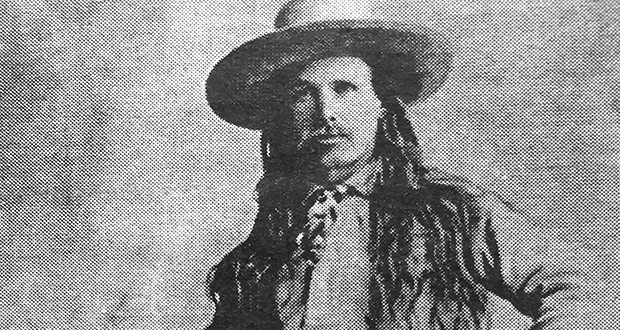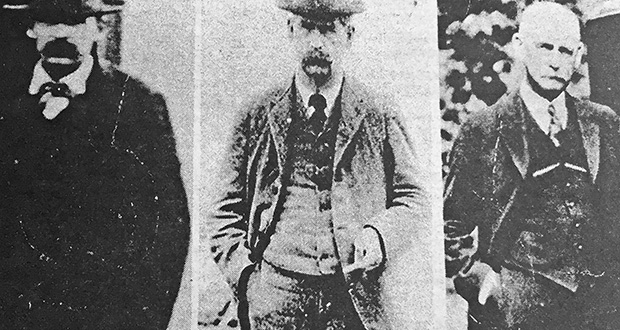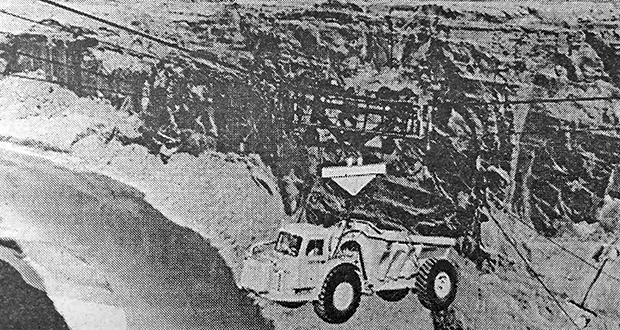Pipe Springs
The springs were in a remote area located north of the Grand Canyon on the Kaibab Plateau. Today that northwest corner of the state is known as the Arizona Strip and is accessible by paved road only through Utah.
The Blevins Killing
He was born in Tennessee in 1852 and named for Commodore Oliver Hazard Perry who distinguished himself in the War of 1812. It is not known when or why Owens came West.
Wyatt Earp
Although millions of words have been written about Wyatt Earp, precious little is known about the man behind the myth. Tombstone aficionados will argue endlessly about which side of the law he was on. But few have paid attention to or written about his life after the gunfight that made him famous.
Normal Headquarters
During World War I, there would have been no young men in this photo—most had been sent overseas. But by 1920, the boys were back, the economy was beginning to boom, dating was in style again and the Confection Den was one of the places to go.
Luisa Ronstadt Espinel
This is Tucson pop star Linda Ronstadt’s great aunt in a publicity photo taken in the 1920s. Her stage name was Luisa Espinel. She was a national entertainer—a contralto who performed opera, sang Spanish folk songs and acted in movies.
Native American farmers deserve to be fully represented on state agriculture board
Arizona needs to face the fact that it its hundred year history as a state, it has done little to tangibly support or celebrate the dozen or so distinctive farming traditions of Native American communities found within its borders, nor of the other indigenous farmers (like the Yaqui) who have immigrated here to escape violence and oppression in their ancient homelands.
Antelope (Old Town) Spring
Ed Whipple was born in Iowa in 1856. He ran away from home at an early age to seek his fortune in the West. Like most men of his era, Whipple met the demands of the frontier with wit and versatility.
Pearce Mining Metropolis
This board and batten shack at the mining camp of Pearce in southeastern Arizona was photographed sometime after 1894, the year of a gold and silver strike there. The shack appears to have been built in two pieces – an addition is tacked on to the side of the main room with a one-by-four. The incongruous address above the doorway suggests that the shack was hauled from another location – perha[...]
No Ordinary Street
This is Tombstone’s Allen Street, looking west from Fifth Street in about 1880. The building in the foreground at right would soon be rechristened the Crystal Palace Saloon, and would become one of the best known drinking and gambling establishments in the Southwest.

















